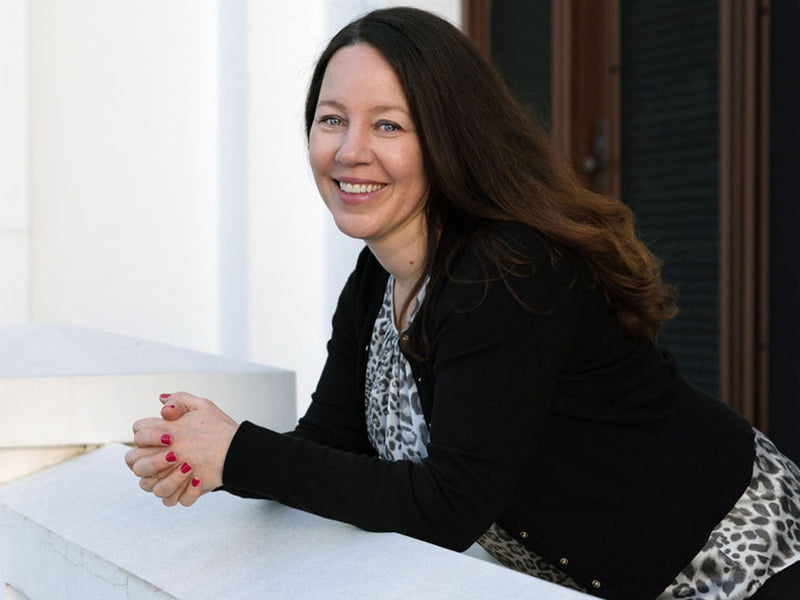Technology behemoth Microsoft has announced that it is expanding into South Australia, bringing its Azure Space team to Adelaide’s Lot Fourteen space precinct.
As part of the expansion, Microsoft and Nokia also announced on Thursday that the two companies have partnered with the South Australian Government to “innovate with space technology and 5G telecommunications to bring a new class of digital solutions to industry”.

The collaboration, which will involve technologies such as artificial intelligence (AI), is designed to showcase how space technology and 5G can “deliver a new era of digital transformation”.
Furthermore, Microsoft announced that it had signed a statement of strategic intent with the Australian Space Agency, and that it was working with the University of Adelaide’s Australian Institute for Machine Learning to jointly explore how advanced cloud computing, AI, computer vision and machine learning can be applied in space.
“The signing of a statement of strategic intent with Microsoft signals our shared ambition to grow the national space industry as part of the agency’s broader mission to triple the size of the sector to $12 billion and add another 20,000 jobs by 2030,” Australian Space Agency head Enrico Palermo said.
“The signing comes at a time of increasing momentum in the Australian space sector and acknowledges the importance of collaboration between the public and private sectors to leverage space technologies for the benefit of life on earth.”
The Australian Institute for Machine Learning’s “Project AI Off Earth” with Microsoft will conduct modelling, emulation and simulation of complex space operations and systems; build algorithms for on-board satellite data processing; develop solutions for the remote operation and optimisation of satellites, constellations and swarms; and address space domain awareness and debris monitoring.
“The relationship with Microsoft will give us access to cloud-based platforms that will allow us to focus … the investigation on the performance of algorithms used to analyse large amounts of earth-observation data from satellites, without needing to be concerned about gaining access to space at the onset,” University of Adelaide Professor Tat-Jun Chin said.
“Our work on these algorithms has the potential to contribute to many applications, including agricultural land management, water management, mining practices and understanding of economic activity among many other applications.”
South Australian Premier Steven Marshall welcomed the Nokia-Microsoft partnership, saying it further cemented his state’s standing within the global space industry.
“It is testament to our good reputation as forward-thinking, and collaboration within the hi-tech and space industries, that companies of this stature continue to be attracted to South Australia,” Premier Marshall said.
Stephen Patterson, South Australia’s Minister for Trade and Investment, said the state’s reputation was gaining recognition as “the epicentre of Australia’s space economy”
“Our continued investment in the Lot Fourteen innovation precinct and our ongoing work with industry on a $6.5 million initiative to design and build a Low Earth Orbit satellite to provide space-derived services to the state, signals South Australia’s determination to continue to lead in this sector,” Minister Patterson said.
Microsoft’s Lynn McDonald, lead of Azure Space in Australia, said the tech giant and Nokia would explore how space and 5G innovation could be adopted for the benefit of industry in South Australia and nationally.
“We are delighted about this agreement with the South Australian Government and the opportunity to work with Nokia as we bring together interdisciplinary experts to develop, test and deploy new technologies and strategies that respond to some of the biggest challenges facing organisations today,” Ms McDonald said.
“This important collaboration with Nokia will allow Australian organisations in multiple sectors to take a giant leap forward into a new era of communications and cloud computing, making the most of space data and technology and catapulting them to the very forefront of digital innovation.”
Nokia said it believed the collaboration would deliver solutions that will have a lasting impact for Australian industries.
“We believe that by combining our 5G for industry capabilities with Microsoft’s space and computing capabilities, we can deliver solutions that promise deep and lasting impact for Australian industries in productivity, efficiency and safety, and we’re excited to begin that work in South Australia,” Nokia’s Anna Wills, managing director of Australia and New Zealand, said.
Do you know more? Contact James Riley via Email.

